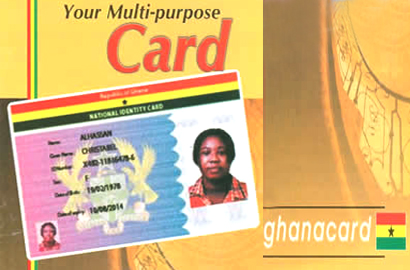 The Ghana Rent Control Department has stated that no landlord has the right to charge more than six months’ rent advance.
The Ghana Rent Control Department has stated that no landlord has the right to charge more than six months’ rent advance.
It said it was also illegal for landlords to increase their rent charges arbitrarily.
The Chief Rent Controller, Mr Addo Soin Dombo, in an interview with the Daily Graphic in Accra, said the current situation where landlords charged two years’ rent advance was illegal.
He advised landlords with that intention to contact the department for rent assessment before reviewing their rent charges.
Mr Dombo urged tenants to resist attempts by landlords to arbitrarily increase rent charges, explaining that rent could only be increased when the landlord had made some improvement in the apartment where the tenant lived.
He said before a landlord could increase rent charges, he was under law to contact the department for assessment and said such increment was supposed to be two per cent after every two years.
Rent in dollars
Mr Dombo cautioned estate developers and landlords to stop charging rents in dollars as it constituted a criminal offence under the laws of Ghana.
He expressed disappointment that the landlords who demanded rent payment in dollars were those who knew the position of the law.
Taxes
Touching on taxes, the Chief Rent Controller said the law required that landlords pay eight per cent of their annual rent income tax to the Ghana Revenue Authority (GRA) and appealed to the GRA to collaborate with the department to know the exact amount of money each landlord was supposed to pay.
He also said every landlord was obliged to pay rent tax and property rate, adding that those were the areas the department and the GRA needed to collaborate, since some landlords understated their rent income.
Rent card
He advised landlords to investigate the background of their would-be tenants in order to avoid renting rooms to people with questionable lifestyles, adding that tenants must also check the background of their landlords before hiring their facilities.
Mr Dombo urged landlords to issue tenants with rent cards within a week of their occupancy of their facilities, and urged tenants to thoroughly inspect the premises and location of buildings to avoid problems such as renting facilities in flood-prone areas.
He explained further that the rent card was a statutory document required by law, that contained the particulars of tenants and the agreed amount paid for a specific duration.





